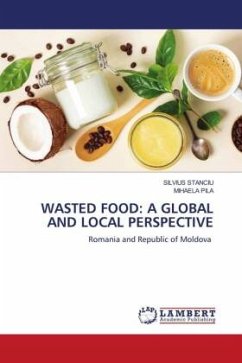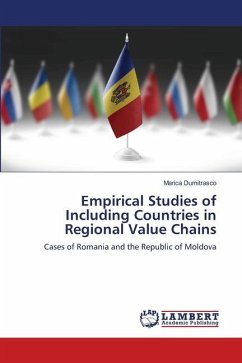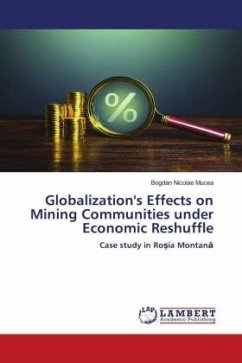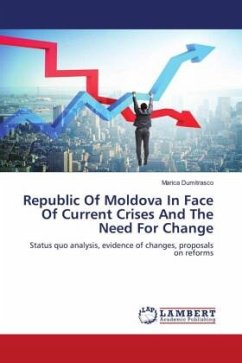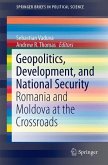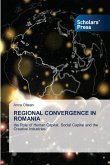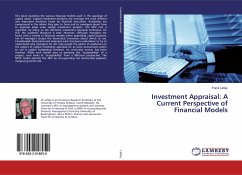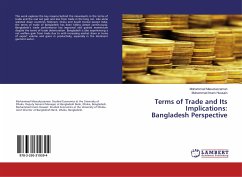Food waste and loss are global issues with significant negative consequences for the economy, society, and the environment. Human society's culture of consumption and increased food demand, coupled with challenges in the food supply chain, inadequate consumer education, and a lack of information, contribute to the alarming rise in food waste. Over one-third of global food production is wasted, while both impoverished and affluent regions face hunger and malnutrition.Romania and the Republic of Moldova share commonalities in food culture, but their distinct regional affiliations have shaped unique national agri-food systems. Notable disparities exist between the countries in terms of food safety and security legislation and efforts to combat food waste. Romania aligns its agri-food legislation with EU regulations, while the Republic of Moldova faces challenges in harmonizing its system with European standards.The book delves into specific facets of food waste in Romania and the Republic of Moldova, analyzing them from regional and global perspectives. It explores potential strategies to reduce food waste, offering valuable insights and recommendations.

